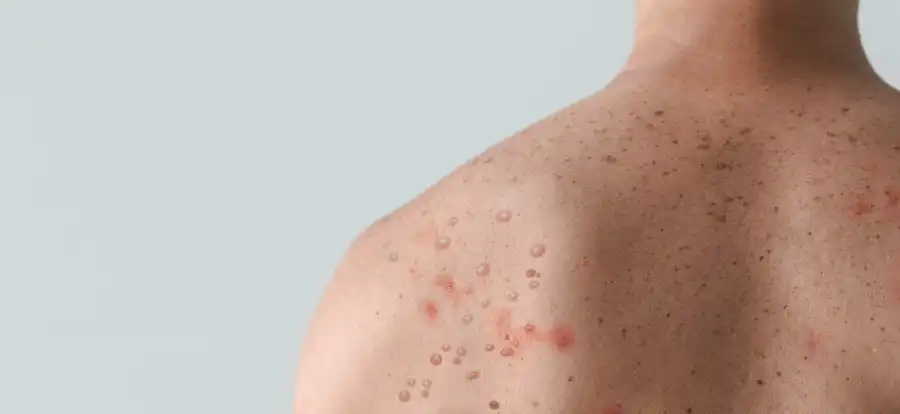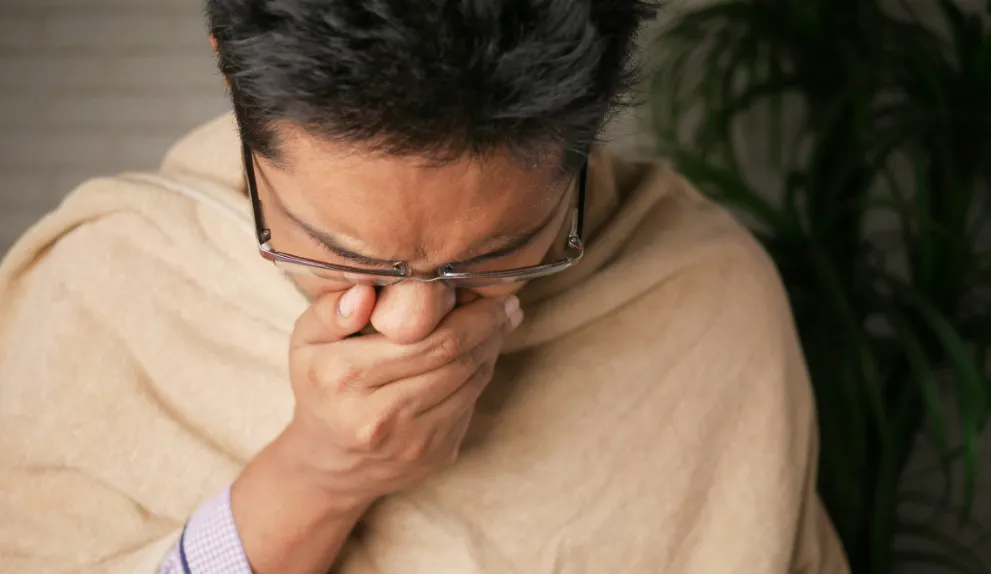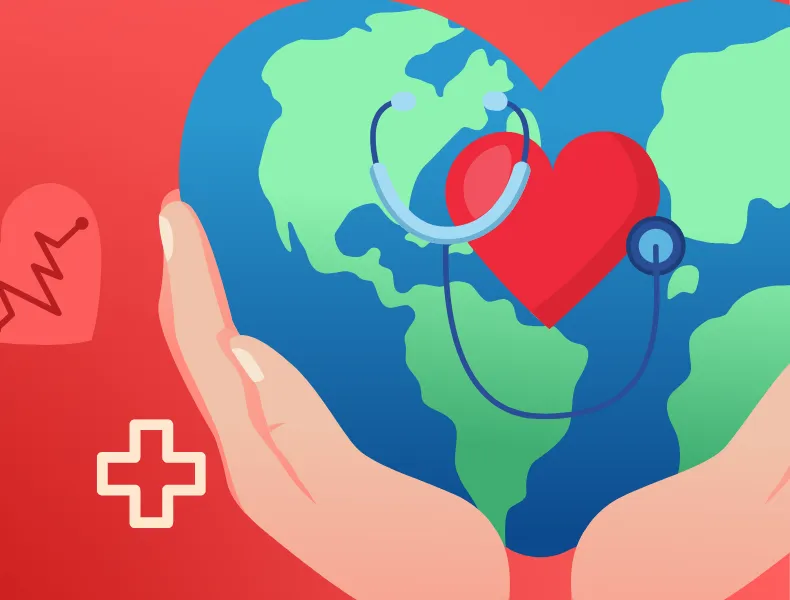Written and medically reviewed by Dorcas Morak, Pharm.D
Monkeypox is a rare infection caused by the monkeypox virus, which has risen in notoriety since the global outbreak in 2022. The virus belongs to the same family of viruses as the smallpox virus. It exhibits similar symptoms to other pox viruses but is milder and rarely lethal. Below is what you need to know about the monkeypox virus.
What is Monkeypox?
Monkeypox is a viral infection that is found mostly in Africa. It is caused by the monkeypox virus which belongs to the family orthopoxvirus like smallpox. It was first discovered in 1958 in a group of monkeys being used for research and spread mainly through human contact with infected animals or skin-skin contact with an infected person.
How Common is Monkeypox?
Monkeypox is rare but the number of cases is increasing in Africa and some parts of the world that haven't experienced the infection before.
Who is Affected by Monkeypox?
Anyone is vulnerable to monkeypox. However, it is more common among children younger than 15 years and among men who have sex with men.
What are the Signs and Symptoms of Monkeypox?
The pattern of signs and symptoms of monkeypox is not generally the same in everybody. Some people may be asymptomatic. Common symptoms include:
- Fever
- Chills
- Headache
- Muscle aches
- Fatigue
- Swollen lymph nodes
- Painful rashes
How Can I Catch Monkeypox?
You can be infected when you encounter an infected animal, person, or recently contaminated materials.
How is Monkeypox Diagnosed?
The diagnosis is through a polymerase chain reaction (PCR) on the tissue sample taken from an open sore. Also, there may be a blood test for the presence of the monkeypox virus or the antibodies against it. Monkeypox can be easily mistaken for chickenpox and smallpox but swollen lymph nodes usually distinguish it from other poxes.
Is Monkeypox Curable?
Monkeypox is usually self-resolving with symptoms lasting for two to four weeks. Your healthcare provider may give you symptomatic treatment to relieve the symptoms, prevent dehydration, and use antibiotics to treat secondary bacterial infections if necessary.
However, there are no approved antiviral drugs for the treatment of monkeypox yet, but several medications used to treat smallpox and other conditions may work for monkeypox infection. Examples include tecovirimat (TPOXX), brincidofovir (Tembexa), and cidofovir (Vistide). Furthermore, during an outbreak, the use of intravenous vaccinia immune globulin (VIGIV), which is licensed for the treatment of smallpox (vaccinia) complications may be authorized for monkeypox during the outbreak.
How Can I Prevent Monkeypox Infection?
The following steps can help to prevent the spread of monkeypox:
- Avoid contact with infected animals.
- Avoid contact with recently contaminated materials such as bedding, clothes, etc.
- Cook meat thoroughly.
- Wash your hands regularly with soap and running water.
- Avoid contact with infected people.
- Practice safe sex using a condom and a dental dam.
- Clean and disinfect touched surfaces regularly.
- Use personal protective equipment (PPE) when caring for infected people.
Is there a Monkeypox Vaccine?
There is no monkeypox vaccine yet. However, the smallpox vaccine protects against monkeypox, but its use is currently limited to clinical trials.
How Long Does Monkeypox Last?
Monkeypox usually lasts between two to four weeks.
Is Monkeypox Fatal?
The type (clades) of monkeypox that caused the current world outbreak, the West Africa clade, is less severe. Although no one has died from it, it can lead to potentially fatal complications like pneumonia, encephalitis, etc.
How Do I Take Care of Myself if Infected?
If you are infected with monkeypox, practice the following to care for yourself and limit the spread of the disease:
- Pain/fever relievers: examples are ibuprofen (Advil), acetaminophen (Tylenol), etc.
- Oatmeal baths: soaking in oatmeal can relieve the symptoms of itching and dry skin.
- Isolate yourself until all the lesions have scabbed.
- Cover the local lesion with gauze to limit the spread to the environment.
- Avoid contact with pets.
- Drink plenty of water to prevent dehydration.
When Should I Seek Medical Care?
Seek medical care if you develop the following symptoms:
- Trouble breathing.
- New or worsening chest pain.
- Stiff neck.
- Difficulty speaking or moving.
- Loss of consciousness.
- Seizures.
Get your medications with a RxLess saving card. The coupon is acceptable in many pharmacies including CVS, Rite Aids, and Walgreens, and can save you up to 88% on your medications. Click here to get yours.

















